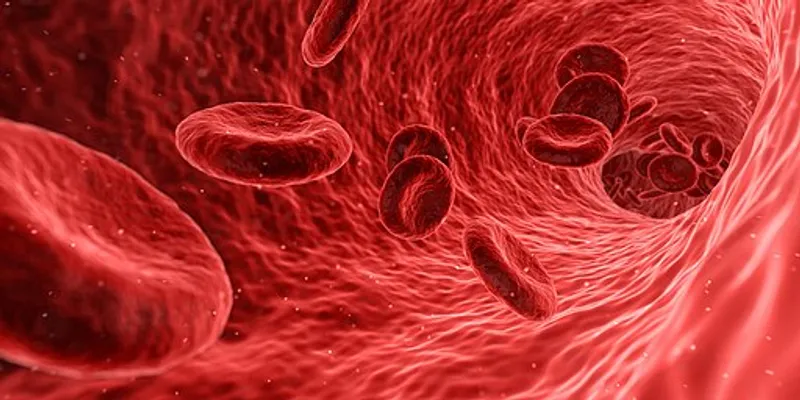
Understanding blood and its different types - A guide to blood group classification.
The network formed by heart, blood and blood vessels is called circulatory system.
What are blood contents?
Blood is composed of four main components. They are:
- Plasma
- Red blood corpuscles (or) Erythrocytes
- White blood corpuscles (or) Leucocytes
- Blood platelets (or) Thrombocytes
Among the above components, plasma is a liquid component and the other three are called formed elements.
Red Blood Corpuscles:
Red blood corpuscles are a disc like structured cells also called as erythrocytes. It is made up of a type of protein called hemoglobin. Hemoglobin present in the red blood cells gives the red appearance to the blood.
The main purpose of Red blood corpuscles is to transport oxygen to all the cells and tissues and take away the waste carbon-di-oxide to the lungs.
White Blood Corpuscles:
White blood corpuscles are also called as leucocytes. There are five types of white blood cells present in our blood. They are:
- Basophil
- Eosinophil
- Neutrophil
- Lymphocytes
- Monocyte
White blood cells play a major role in protecting our body from infections. If somebody falls in sick means their white blood cell count level is lower than the normal level.
White blood cells consume germs and digest them by the process called phagocytosis. They also produce antibodies by which they kill germs and protects from infection.
Platelets:
Platelets are colorless and irregularly shaped cells also called as thrombocytes. It helps to stop bleeding by secreting a protein called fibrinogen into the plasma. Upon several processes, fibrinogen is developed into a fiber like thread and covers the blood cells and protects from bleeding.
Plasma:
Plasma is the mode transportation of blood cells which contains 90% of water and 8% of protein and remaining 2% of nutrients like sugar, vitamins and electrolytes like sodium and potassium etc.
Types of blood:
There are basically four types of blood group such as A, B, AB, O which appears in eight forms based on the presence of Rh factor. Rh stands for Rhesus which is a type of protein present on the surface of red blood cells first discovered in the blood of Rhesus monkey.
- If red blood cells present in the blood have A-type antigen on its surface, then the blood is said to be group A.
- If the red blood cells have B-type antigen, then it is said to be group B.
- If the red blood cells have both A and B-type antigen, then it is said to be group AB.
- If red blood cells have neither A type nor B type, it is said to be group O.
- In addition to the A and B-type antigens, Rh factor is another kind which may or may not presents in all the above combinations in the red blood cells. In such cases, the blood group is categorized whether it is positive or negative.
If Rh factor is present in all the above combination of blood groups, then the blood group is identified as positive and if Rh factor does not present in the red blood cells, the blood group is negative.
How Rh factor affects during pregnancy?
Most commonly found blood group is Rh positive only. In fact, the lack of Rh factor i.e. Rh negative is not weakness and does not make illness to our health but for women during pregnancy, it may get into trouble called Rh incompatibility. Normally it does not cause serious problems during first pregnancy and in the second and so on it may lead the baby to Rh disease, if a proper treatment is not given to the mother during her first pregnancy.
Rh incompatibility arises if the mother has Rh negative and father has Rh-positive. If Rh negative blood of the mother gets contacted with Rh-positive blood of the father, it stimulates to produce antibodies to fight against Rh positive of the father as if they were harmful substances. Such Rh negative blood producing antibodies to attach Rh positive is said to be “Rh sensitized”.
Antibodies from Rh sensitized blood starts to attack the Rh positive and destroy red blood cells of the fetus which in turns make severe illness due to lack oxygen to the fetus and causes hemolytic anemia.
How to prevent Rh sensitization?
Antibody screen is a blood test which shows the results whether your Rh negative blood has produced antibodies or not and quantity of the antibodies. By this test, you will be identified whether you are Rh-sensitized or not.
Rh immunoglobulin (Rhlg) is a blood product made from donated blood which will be given to prevent the production of antibodies against Rh-positive blood and it can prevent hemolytic anemia in later pregnancies however if your blood is already Rh-sensitized, Rhlg may not be helpful in such prevention.

